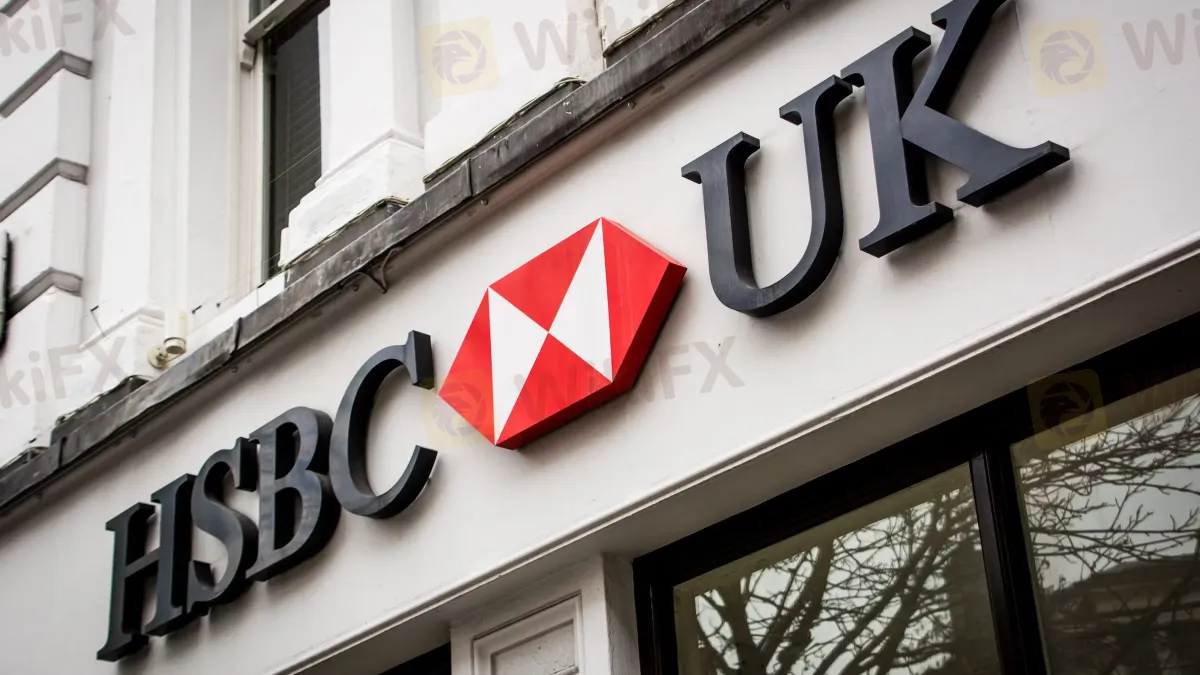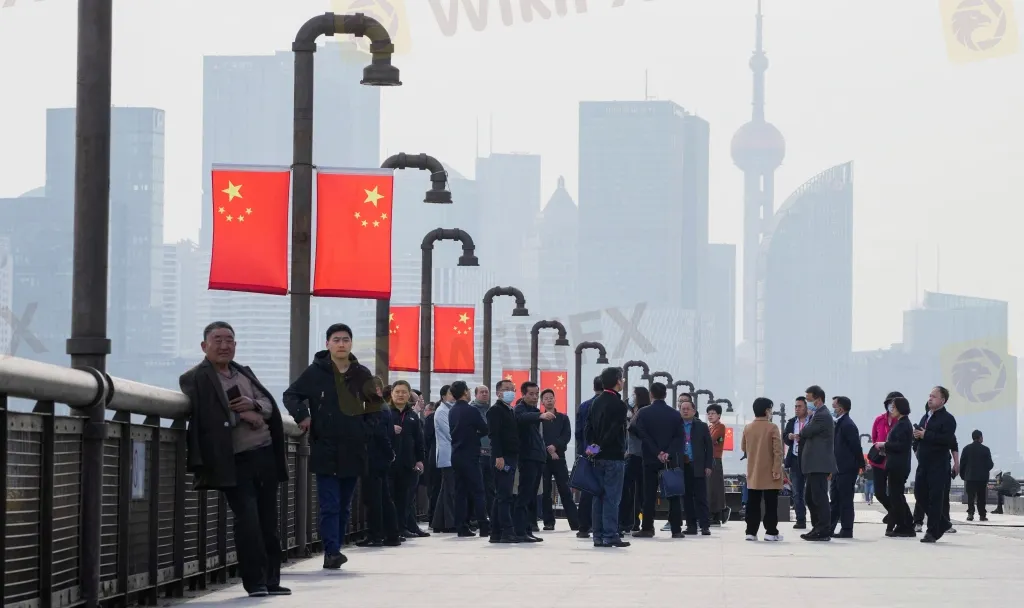简体中文
繁體中文
English
Pусский
日本語
ภาษาไทย
Tiếng Việt
Bahasa Indonesia
Español
हिन्दी
Filippiiniläinen
Français
Deutsch
Português
Türkçe
한국어
العربية
Global Tech Startups Impacted By Silicon Valley Bank's Collapse
Abstract:The recent failure of Silicon Valley Bank had an impact on business owners all over the globe. The bank, which provided specialty financial services and was regarded as having tech cachet, had received investments from tech companies in Europe and Asia as well.

Since many companies depend on mid-sized banks for their everyday activities, the recent failure of Silicon Valley Bank had an impact on business owners all over the globe. The bank, which provided specialty financial services and was regarded as having tech cachet, had received investments from tech companies in Europe and Asia as well. Entrepreneurs in other countries recognized they needed to take fast action when California companies started withdrawing money from the ailing bank.
At the end of the month, Sam Franklin, the 28-year-old CEO of a London-based employment agency, had to work out how to pay his staff because 90% of his company's funds were held in SVB. Florian Simmendinger, co-founder and CEO of the Hong Kong wearable firm Soundbrenner, was unaware of the SVB crisis when it first broke out in California, but he soon learned about it when he was unable to access his account during normal work hours.
It is obvious that tech companies worldwide are interwoven and rely on a single mid-sized bank for their everyday operations, even though the global effects of Silicon Valley Bank's failure are still becoming apparent. The failure of Silicon Valley Bank serves as a reminder of the startup ecosystem's vulnerability and the necessity for founders to spread their financial holdings in order to safeguard themselves against upcoming crises.
The Worst Nightmare
Tech companies all over the world are frantically trying to ensure their financial futures following the recent failure of Silicon Valley Bank. As danger signals grew, Quincy Lee, the creator of the Seattle-based EV charging company Electra Era, tried to withdraw millions of dollars from SVB. But the bank's website was down and overloaded with users. U.S. authorities revealed an emergency financing plan over the course of a weekend that allowed clients of the bank access to all of their assets. By facilitating a private selling of SVB's UK subsidiary to HSBC in the UK, the government and the Bank of England were able to safeguard savings without involving the public. Officials from the European Union reassured customers that the bank was only present in a small portion of the continent, but worries about the financial sector caused a decline in European equities.

The failure of Silicon Valley Bank has brought to light how intertwined the bank and startup environments are. The revelation had an impact on companies that did not finance with SVB. After executives expressed worries that a significant financial partner might have funds associated with SVB, Rachael Crook, the creator and CEO of the London-based healthcare company Lifted, calmed investors and guaranteed that essential service providers would not be hindered. Aleksandr Volodarsky, the Founder of the Ukrainian start-up lemon.io, which conducts business with SVB in the US, began chatting with local businesspeople about the crash. On Friday morning, he started a bank transfer, but he still hadn't gotten paid.
The failure of Silicon Valley Bank has brought attention to the vulnerability of the startup environment and the requirement for business owners to spread their financial holdings in order to safeguard themselves against upcoming crises. Digital companies all over the world are susceptible to financial volatility because they depend on a single mid-sized bank for everyday operations. Although the emergency financing plan given by American authorities has provided some respite, the circumstance highlights the necessity for business owners to plan ahead and reduce risks.
Chinese Entrepreneurs Are Moving Money
Silicon Valley Bank's joint venture in Shanghai, SSVB, has acknowledged that it has a solid organizational framework and an autonomous balance sheet. The first Sino-US joint venture bank and China's first technology and innovation bank, SSVB has rapidly risen to the top of the list of international lenders to early-stage Chinese businesses.
However, many Chinese start-ups and fund managers have been seeking to transfer their assets out of SVB's US subsidiary due to recent regulation changes. An industry expert claims that SVB was used to keep almost all of the working funds for both the company and its subsidiary businesses.

After a turbulent weekend, one start-up Boss declared that his business would continue to bank with SVB's UK branch and open new accounts at additional institutions to diversify its revenue flow. This choice demonstrates the industry's learning trajectory as it becomes apparent that distributing funds among several institutions can reduce the dangers brought on by regulation changes.
With a solid corporate structure and an autonomous balance sheet, SSVB has been able to convince its clients that it is still a reliable financial choice despite the difficulties encountered by SVB's US branch. As China's first technology and innovation bank, SSVB is ideally situated to support the development of the region's early-stage businesses.
Install the WikiFX App on your smartphone to stay updated on the latest news.
Download link: https://www.wikifx.com/en/download.html?source=fma3

Disclaimer:
The views in this article only represent the author's personal views, and do not constitute investment advice on this platform. This platform does not guarantee the accuracy, completeness and timeliness of the information in the article, and will not be liable for any loss caused by the use of or reliance on the information in the article.
Read more

Webull and Others Fined $275,000 for Incomplete Suspicious Activity Reports
Webull Financial, alongside Lightspeed Financial Services Group and Paulson Investment Company, LLC, has agreed to pay a collective fine of $275,000 following an investigation by the US Securities and Exchange Commission (SEC). The penalty was issued due to the firms’ failure to include essential information in suspicious activity reports (SARs) over a four-year period.

Barclays Resolves £40M Fine Over 2008 Fundraising Disclosure Failures
Barclays has reached a settlement with the UK’s Financial Conduct Authority (FCA), agreeing to pay a £40 million fine for failing to adequately disclose arrangements with Qatari investors during its critical fundraising efforts amidst the 2008 financial crisis.

WikiEXPO Global Expert Interview: Advanced Practices and Insights in Financial Regulation
In the midst of rapid advancements and evolving landscapes in financial technology, financial regulation, and ensuring financial security, WikiGlobal stands at the forefront, closely tracking these transformative trends. As we embark on our series of exclusive interviews focusing on these pivotal areas, we are delighted to have had an in-depth conversation with.

Alleged Concerns with TradeEU.global's Trading Practices
An individual trader has come forward with allegations of an unfavourable experience while using the services of the broker TradeEU.global.
WikiFX Broker
Latest News
Saxo & Portuguese Bank Partnership
SEC Fines Broker-Dealers $275K for Incomplete SAR Filings
Elon Musk Warns of Imminent US Bankruptcy | Bitcoin Retreats from $100K
UK FCA Fines Barclays £40 Million Over 2008 Deal
WikiEXPO Global Expert Interview: Advanced Practices and Insights in Financial Regulation
Justin Sun Invests $30M in Trump-Backed World Liberty Financial
Lured by False Promises: Malaysian Driver Lost RM218K to an Investment Scam
FTX Sets March 2025 Timeline for Creditor Payouts: What It Means for Investors
What is an Economic Calendar? How it works
Pros & Cons of Automated Forex Trading
Currency Calculator


